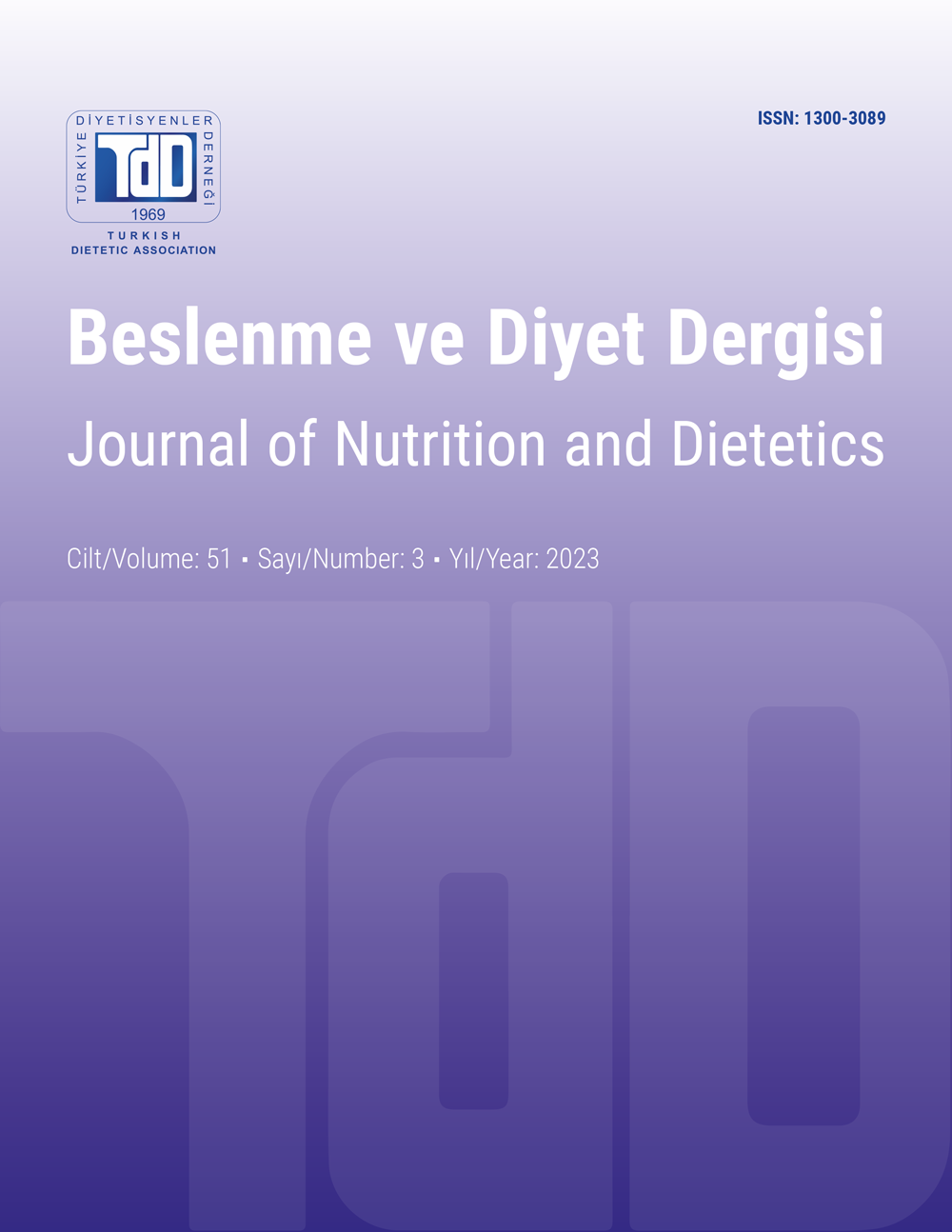Ultra Processed Food Consumption: Effects on the Gut Microbiota
DOI:
https://doi.org/10.33076/2023.BDD.1783Keywords:
Food additives, microbiota, ultra-processed foodAbstract
Ultra-processed foods are poor in bioactive compounds, micronutrients and fiber; they are very rich in sugar, fat, and sodium. Most of the ingredients that make up ultra-processed foods are food additives such as preservatives, emulsifiers, solvents, stabilizers, sweeteners, sensory enhancers and colorants. It is known that there has been an increase in the consumption of these nutrients in recent years. An increase in the consumption of simple carbohydrates and fats; a decrease in fiber consumption is directly related to changes in the composition and function of the intestinal microbiota and may increase intestinal permeability. It may be stated that there is a relationship between ultra-processed food consumption and the incidence of diseases such as body weight gain, obesity, non-communicable diseases such as high blood pressure and cancer. There are studies that food additives reduce the diversity of intestinal microbiota in animals, but there are not enough data on the direct effect of ultra-processed foods and food additives on the microbiota in humans. The aim of this review is to examine the effects of ultra-processed food consumption and especially food additives on microbiota accompanied by literature.

